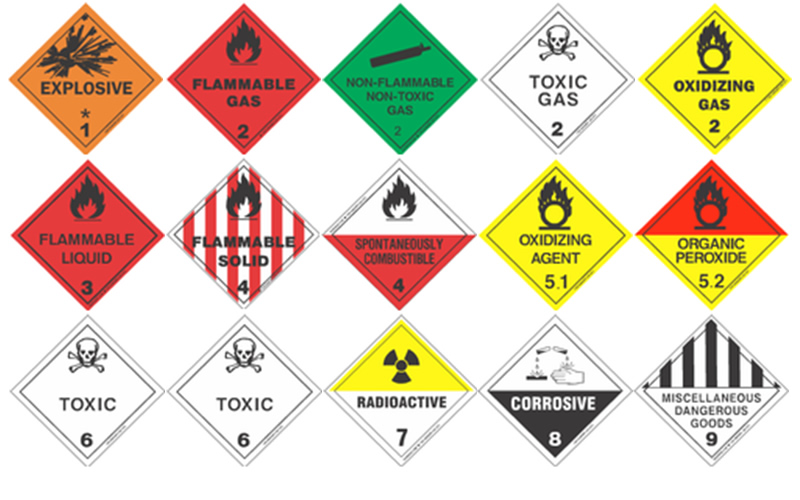- Exim-Wp-admin
- May 19, 2022
- 0 Comments
Many years ago, a public forum was organized, mainly consisting of cargo agents, freight forwarders and transporters, and the forum was chaired by experts in the field. During the session, from the audience came a question; there have been talks about a training called dangerous goods regulations. Secondly, the training is very costly. Is it so necessary? If it is necessary, who needs to do it?
Spontaneously came a unanimous reply – it is for everyone involved in the transportation chain. The next question erupted – transportation means all those working in airlines, shipping lines and railways? No was the answer. The training included the entire supply chain, starting from the shipper, packer, freight forwarder and then was the operator or the transporter.
Then few freight forwarders started, we are not involved in dangerous goods or hazardous materials transportation. We only deal in shifting household goods etc. One of the experts answered the question – though it is only household goods, as declared by the customer, has anyone from your company identified the goods, prior to packing? If not, it is the biggest mistake one does in transportation, just for a quick buck and to avoid the customer going to another operator. Many of the household goods contain hazardous materials which pose a hazard to health, safety, property or the environment if not classified, identified, packed, marked, labeled and transported properly.
The International Civil Aviation Organization and the International Air Transport Association mandates the training as per the Annex 18 to the Convention on International Civil Aviation and in India it is regulated by the Directorate General of Civil Aviation (DGCA).
Concerning the transport of Dangerous Goods by Sea, inland waterway, Road and Rail in India, unfortunately the subject has not been taken so seriously. There have been many incidents and accidents happened before, but only reactive action has been taken by the ministries concerned unlike in Europe, Australia, and Canada etc. where these trainings are mandatory for a person immediately after he or she has been appointed in an organization. In most of these countries they have a Dangerous Goods Safety Advisor (DGSA), who is recruited by an organization or small companies hire them as consultant whenever they have a dangerous goods to be moved. These DGSAs are involved right from classification till the consignment is delivered to the consignee. They are trained in all aspects including emergency response and they oversee the shippers, freight forwarders and operators.
Ministry of Environment in EU, USA, Canada, Australia etc mandates these training. Though, ADR, the transport of Dangerous Goods by Road and ADN regulations – transport of dangerous goods by inland waterway have been established and developed by the United Nations Economic Commission of Europe – UNECE, many countries like Lebanon, Turkey, Iraq, Egypt and lately Nigeria (October 2018) have accepted and commissioned these trainings except for the few chapters which deals only for European standards. Countries, other than those in EU, have developed their own standards by their ministries of environment and transportation.
In a nutshell, Dangerous Goods training for road, rail, sea and inland waterway must be made mandatory as soon as possible to avoid incidents and accidents. Freight forwarding companies must encourage such trainings for all staff, immaterial of their age or experience.
As we say, Dangerous Goods training is no more a luxury, it is a necessity. It’s better to Be Safe than Sorry.

